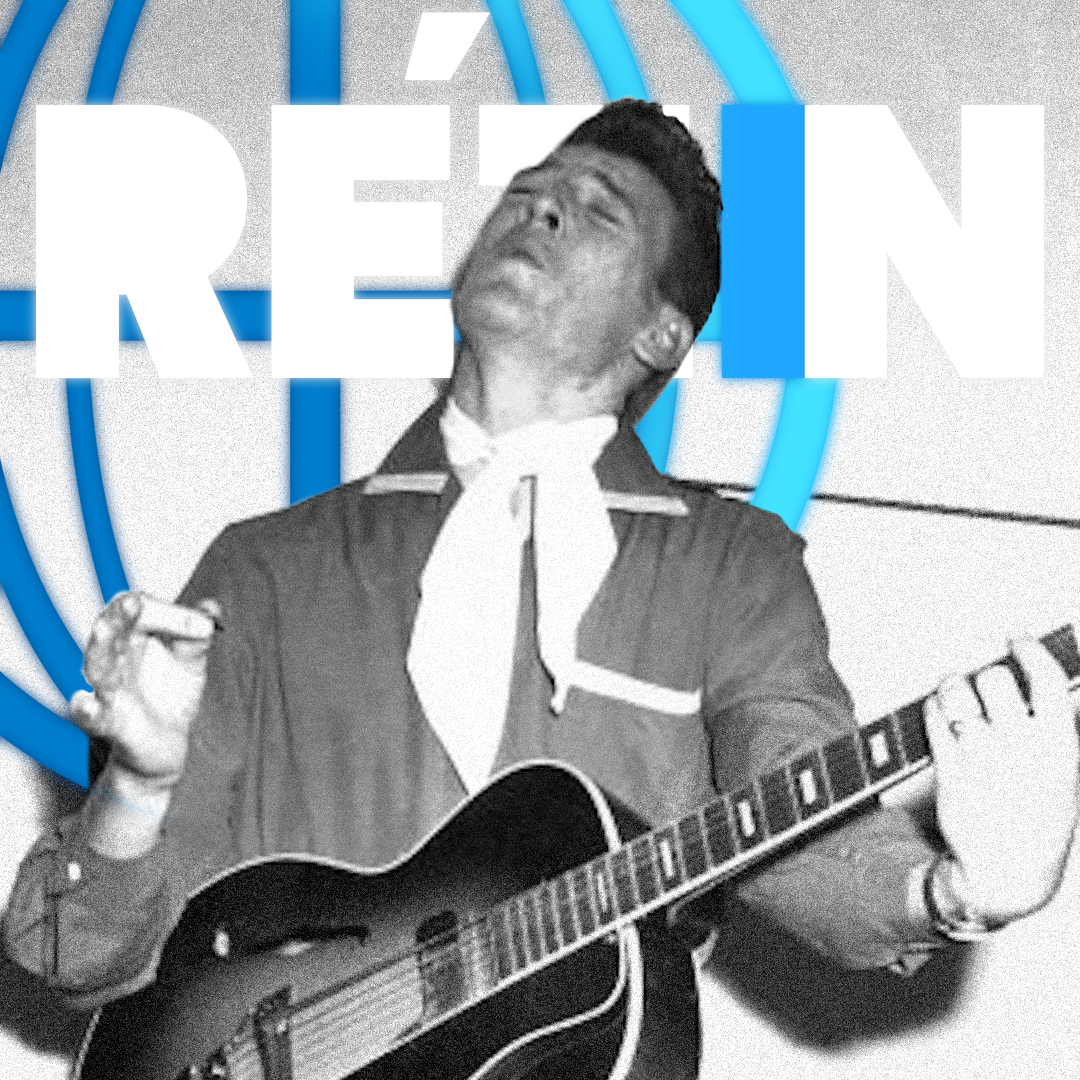
Col Joye’s Legacy: How One Man Changed Our Sound Forever
Share
Written by Jeremy Willett
Col Joye, born Colin Jacobsen. The man who is well known for bringing Australian rock ’n’ roll to the top of the charts, has passed away at the age of 89. As the frontman of Col Joye and the Joy Boys, he became the first Australian pop performer to rise to number one on the local charts, paving the way for homegrown talent in an era dominated by international artists. His journey began in 1957 with his brother Kevin’s band, The KJ Quintet, before a quick name change at the Manly Jazzerama marked the start of an remarkable career.
In 1959, Joye’s second single Bye Bye Baby soared to the top of the Sydney charts, sparking a wave of hits that defined the sound of Australia’s early rock movement. His influence extended far beyond the bright light of the stage. In the 1960s, Joye and his brother built an empire in management, publishing, and recording, with most notable signing within a young outfit better known as The Bee Gees after spotting them in Surfers Paradise. His career spanned decades, with a tour to Vietnam in 1966 to perform for the Australian army alongside little Pattie, then going on to take the number one spot again with Heaven Is My Woman’s Love in 1973, and later, a celebrated role in the Long Way to the Top tour.
 Joye wasn’t just an entertainer; he was a cultural anchor. Fellow singer Normie Rowe called him “the true gentleman of the industry” and a “guiding light” on tour, remembering Joye’s daily ukulele tunes that uplifted spirits on the road. In his later years, Joye passed on his cherished Maton guitar to Rowe, a symbolic handover of legacy that will one day find its home in a national museum.
Joye wasn’t just an entertainer; he was a cultural anchor. Fellow singer Normie Rowe called him “the true gentleman of the industry” and a “guiding light” on tour, remembering Joye’s daily ukulele tunes that uplifted spirits on the road. In his later years, Joye passed on his cherished Maton guitar to Rowe, a symbolic handover of legacy that will one day find its home in a national museum.
Col Joye’s success was much more than just personal triumph; it was proof that Australia could produce stars who could rival or even overtake the world’s best. In the late 1950s and ’60s, when American and British acts dominated radio, Joye’s rise told young Australian musicians that their voices mattered, their sound was worth hearing, and their stories could go down in history alongside the greats. He bridged the gap between a small, emerging local scene and the glamour of the international stage.

In a way, Joye didn’t just pioneer Australian pop, he created the standard for what it meant to be a true performer here. His style was polished but warm, his career expansive nut never forgot his deep connection to his roots. He understood that music was not just a sound, but an experience, the kind that lingers like a slow jazz riff by the fire, or the deep red pour of a good wine. His story reminds us that culture grows when artistry is nurtured with both ambition and passion.
